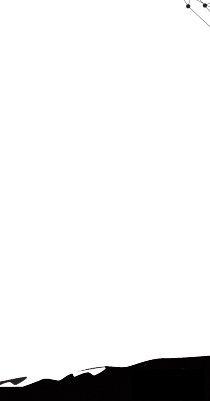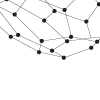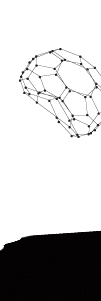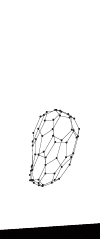 |
||||||||||||||||
 |
 |
|
 |
|
 |
|
 |
|
 |
|
||||||
 |
 |
 |
 |
 |
||||||||||||
 |
|
|
|
|
|
|
|
|||||||||
| |
|
|
||||||||||||||
Projections
Interviewees
Amanda
McDonald Crowley
Australian Network for Art & Technology
Stream Video
Andres
Burbano
Professor,
Universidad de los Andes, Columbia
Stream Video
Anne
Nigten
Manager, V2 Lab, Netherlands
Stream Video
C. Kim
Transcript
Chi-Ming
Ho
Transcript
Chris
Salter
Interaction Architect/Co-Director, Sponge, Germany/USA
Stream
Video
David
Awschalom
Trancript
Diana
Domingues
Professor
& Coordinator of Graduate Researchers, Semiotics and Communication Graduate
Program, University of Caxias Do Sul, Brazil
Stream Video
Eli Yablonovitch
Transcript
Fraser
Stoddart
Transcript
Heather
Maynard
Transcript
Hermann
Gaub
Transcript
Jacquelyn
Ford Morie
Associate
Director for Creative Development, USC Institute for Creative Technologies,
USA
Stream Video
James
Gimzewski
Transcript
John
Winet
New
Media Producer & Researcher
Stream Video
Lisa
Naugle
Assistant Professor, Dance, University of California,
Irvine, USA
Stream Video
Mark
Beam
CEO,
Creative Disturbance, USA
Stream Video
Michael
Century
Professor,
Chair of Arts Department, Rensselaer Polytechnic Institute, USA
Stream Video
Ming
Wu
Transcript
Nina
Czgledy
Artist,
Critical Media, Canada
Stream Video
Owen
Witte
Transcript
Prof.
Jiang
Transcript
Prof.
Liao
Transcript
Roy Doumani
Transcript
Russ
Caflisch
Transcript
Sam Gambhir
Transcript
Sarah
Tolbert
Transcript
Sha Xin
Wei
Assitant
Professor, Georgia Institute of Technology, USA
Stream Video
Shimon
Weiss
Transcript
Slade
Gardner
Transcript
Victoria
Vesna
Media Artist, Chair of Design|Media Arts, UCLA
Stream Video
David Awschalom
I’m not sure I have any nightmares, or at least not about nano! My dreams of nano… well I guess my dreams of nano are that at the end of the day, when many new discoveries are made and many new scientific accomplishments revealed, that the end product will be a great benefit to society. And the sum of all the parts will be much larger than what we expect. That at the end, we’ll be able to make a massive contribution to the health and welfare of society in a way that’s not easily seen today. So that would be a dream. You can think of all the fantastic applications of successful technology based on nanotech, whether it’s inexpensive healthcare, to cleaner and more accurate control of our environment, to safety. In the end, that’s what most of us want to do with science, to make a substantial contribution to the health and well-being of society and, hopefully, that will be something CNSI will be able to engender in one way or the other. And I think in the end, one of the marks of science is that you leave the system in a far improved stated than you started. I don’t have any nightmares though. I don’t see the bad end of this.